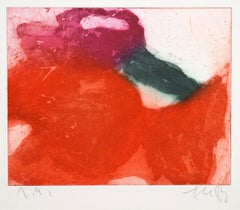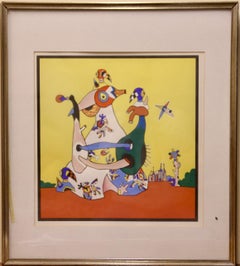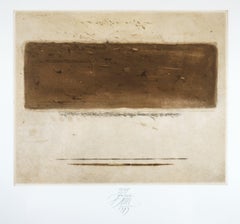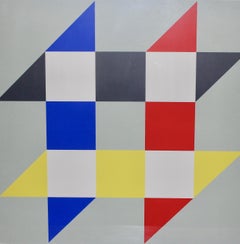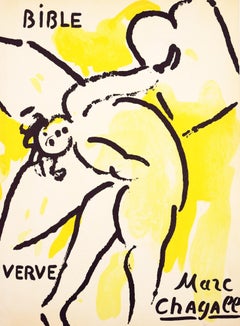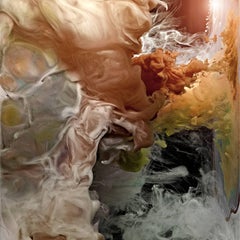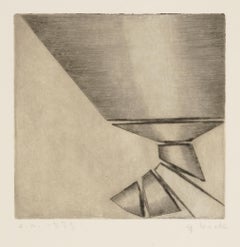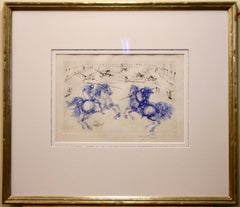Berlin - Abstract Prints
1970s Abstract Impressionist Berlin - Abstract Prints
Paper
20th Century Modern Berlin - Abstract Prints
Lithograph
1970s Abstract Berlin - Abstract Prints
Paper
1980s Abstract Berlin - Abstract Prints
Etching
20th Century Abstract Geometric Berlin - Abstract Prints
Lithograph
1950s Abstract Berlin - Abstract Prints
Paper
1970s Abstract Geometric Berlin - Abstract Prints
Paper
1970s Abstract Berlin - Abstract Prints
Paper
1970s Abstract Berlin - Abstract Prints
Paper
1910s Expressionist Berlin - Abstract Prints
Paper
1980s Abstract Berlin - Abstract Prints
Etching
1910s Expressionist Berlin - Abstract Prints
Paper
1990s Minimalist Berlin - Abstract Prints
Paper
1960s Minimalist Berlin - Abstract Prints
Paper
1950s Berlin - Abstract Prints
Etching
1980s Abstract Expressionist Berlin - Abstract Prints
Lithograph
1950s Berlin - Abstract Prints
Etching
1980s Abstract Berlin - Abstract Prints
Etching
1980s Abstract Expressionist Berlin - Abstract Prints
Lithograph
1960s Minimalist Berlin - Abstract Prints
Paper
20th Century Abstract Berlin - Abstract Prints
Etching
20th Century Abstract Expressionist Berlin - Abstract Prints
Lithograph
21st Century and Contemporary Abstract Berlin - Abstract Prints
Archival Paper, Photographic Paper, Archival Pigment, Giclée
1960s American Modern Berlin - Abstract Prints
Lithograph
1940s Modern Berlin - Abstract Prints
Paper, Lithograph
Early 2000s Abstract Geometric Berlin - Abstract Prints
Lithograph
Ellsworth KellySusan Sheehan Gallery (Ellsworth Kelly Posters 1951-2001) Poster (Signed) Color, 2001
1970s Modern Berlin - Abstract Prints
Archival Paper, Lithograph
1970s Abstract Geometric Berlin - Abstract Prints
Paper, Ink, Lithograph
1970s Modern Berlin - Abstract Prints
Lithograph
1970s Modern Berlin - Abstract Prints
Lithograph
2010s Abstract Expressionist Berlin - Abstract Prints
Gesso, Archival Ink, Acrylic, Archival Paper, Giclée
1960s Modern Berlin - Abstract Prints
Lithograph
1980s Modern Berlin - Abstract Prints
Lithograph
Late 20th Century Abstract Geometric Berlin - Abstract Prints
Paper, Ink, Lithograph
1970s Abstract Geometric Berlin - Abstract Prints
Paper
20th Century Modern Berlin - Abstract Prints
Drypoint, Etching
1980s Abstract Expressionist Berlin - Abstract Prints
Lithograph
1980s Abstract Berlin - Abstract Prints
Etching
20th Century Abstract Berlin - Abstract Prints
Etching, Lithograph
20th Century Abstract Expressionist Berlin - Abstract Prints
Etching
20th Century Modern Berlin - Abstract Prints
Lithograph
Read More
Joan Mitchell’s Rare, Late-Career Diptych Buzzes with Life
Beneath the inky blackness, the painter’s irrepressible energy electrifies this pair of intaglio prints.
The 1stDibs Guide to Types of Abstract Art
Get to know the key movements and artists who have influenced visual culture for more than a century.
Get to Know the Artists Who Led the Op Art Movement
In the 1960s and '70s, the hypnotic creations of Op artists went mainstream and influenced the look of pop culture.
